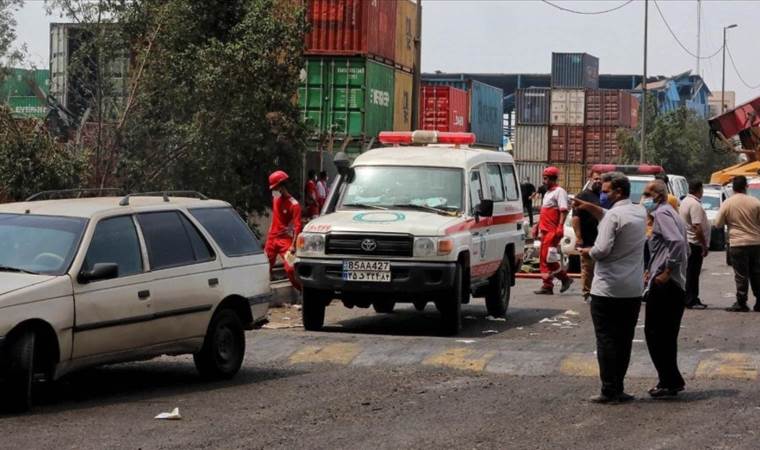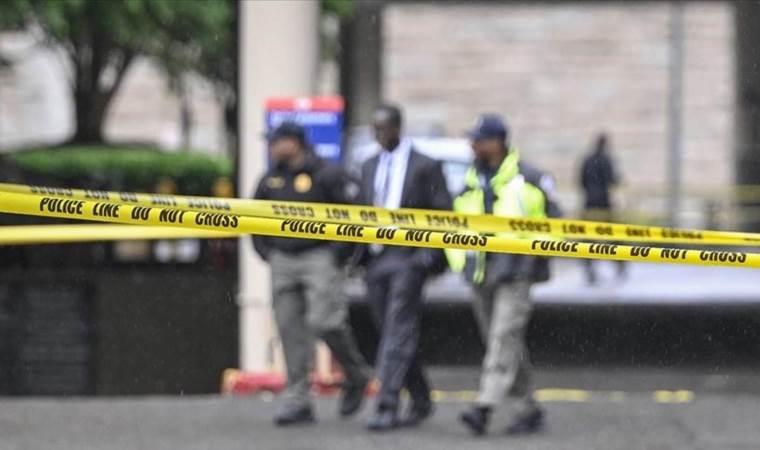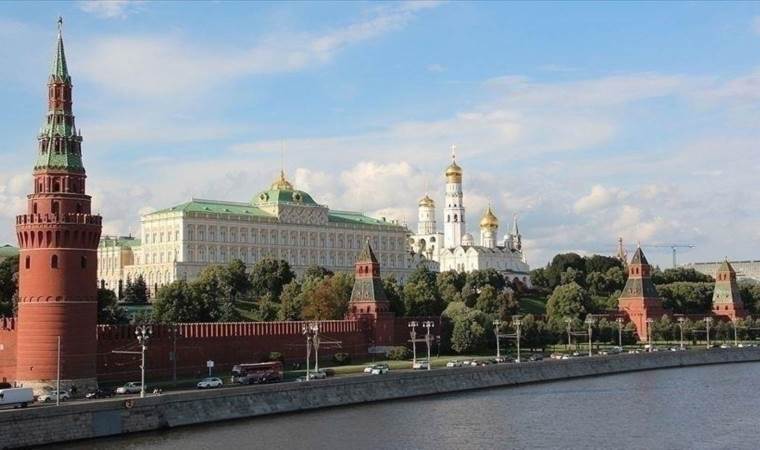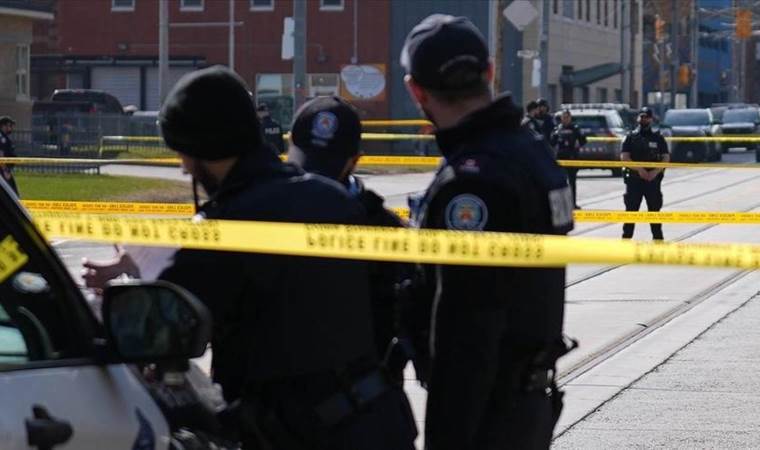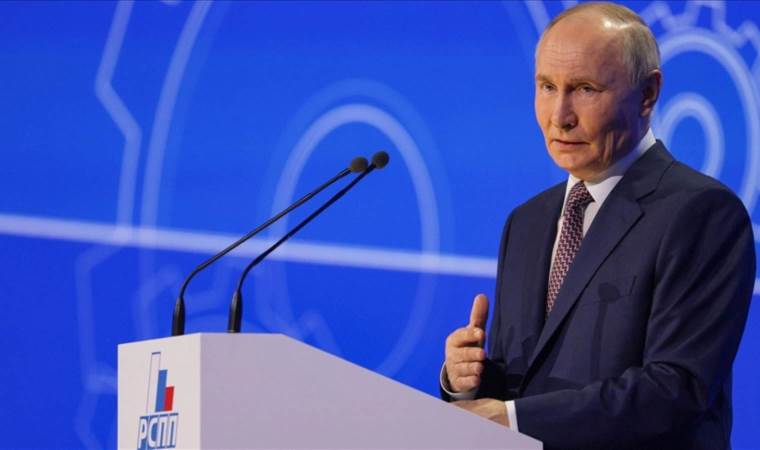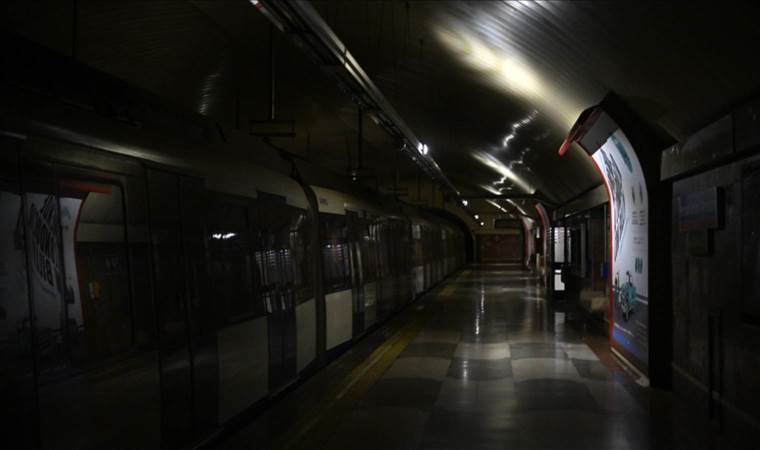Authors Columns of the Day Sport Guest Life All Authors
Where are the judiciary members who voted for FETÖ now?
Given the indispensable nature of persistent inquiry in journalism...
We must discuss the Council of State's decision, about which President Erdoğan said, "We can't remain silent." Indeed, what does the reinstatement of numerous judiciary members expelled by the HSK signify?
I asked Ahmet Zeki Üçok, a military judge who initiated a FETÖ investigation within the Turkish Armed Forces (TSK) years ago, for his insight.
Üçok reminded us of the following facts by the numbers...
-The controversy arises from the Council of State reinstating 435 judges and prosecutors expelled due to FETÖ affiliations and the acquittal of former ÖSYM President Ali Demir of FETÖ membership charges. What is your perspective on these developments?
After July 15, a purge against FETÖ was conducted in various institutions, including the TSK, judiciary, police force, and other public bodies. However, the known affiliations of numerous high-level AKP officials, their family members, sons-in-law, and relatives with this terrorist organization unfortunately hindered a successful fight against FETÖ. The expiration of the decree-law, granting the authority to dismiss public officials with the minister's approval, on July 31, 2022, officially ended the battle against FETÖ.
-The 2010 elections, which led to the Gülenists seizing control of the HSYK, caused a significant transformation in the Turkish judiciary. From the Sledgehammer to Ergenekon cases, and from Military Espionage to the Cosmic Room, thousands were unjustly imprisoned or dismissed by judges and prosecutors appointed by this HSYK. The period between 2010-2014, dominated by FETÖ's judiciary, was arguably the darkest in the history of Turkish law.
You're right. During these four years, the Turkish justice system experienced its darkest and most lawless days under the guidance of this FETÖ-led HSYK. The number of judges and prosecutors, which was 10,739 in 2010, increased to 15,012 during their tenure, nearly all of whom were affiliated with FETÖ. Additionally, they gained 107 new members in the Court of Cassation, effectively transforming the Turkish judiciary into a FETÖ judiciary.
-Not only the judiciary, but the TSK, police, and universities nearly all public institutions fell under FETÖ's control; there was no field, from international relations to commercial life, where the Gülenists did not exert influence.
Unfortunately, those days were quickly forgotten. Without the Council of State's decision, no one would remember FETÖ. Society and the media seem indifferent, as if those days never happened, and silent about FETÖ's reorganization. We must not forget; that others who saw the dark course of the Turkish judiciary system, including social democrats, nationalists, conservatives, and the devout, all came together under the "Unity in the Judiciary Platform." They narrowly won the HSYK elections in 2014.
'Over 2,000 judges and prosecutors are still in the Turkish judiciary'
-How do you relate these election results to the current situation?
According to the official election results announced by the HSYK: In the HSYK elections on October 12, 2014, out of the total 13,289 judiciary members who voted, 47.58%, or 6,323 judges and prosecutors, voted for FETÖ candidates.
-So, where are those 6,323 judges and prosecutors who voted for the Gülenists now?
4,102 of these judges and prosecutors were expelled due to their affiliations with FETÖ.
-And the rest?
Of the 196 Yargıtay members who voted for FETÖ, 133 were expelled, and 63 are still serving. In the Council of State, 43 out of 73 members who voted for a FETÖ candidate were expelled, while 30 continued in their positions. In the judicial judiciary, 3,236 out of 5,319 who voted for FETÖ were expelled, but 2,083 continue to serve as judges and prosecutors. In the administrative judiciary, 690 out of 735 who voted for FETÖ candidates were expelled, and 45 remain in office.
-It's clear that just because they voted for Fethullahist candidates doesn't mean they are FETÖ members.
I'm not calling anyone a FETÖ member. I'm stating that more than 2,000 judges and prosecutors who voted for FETÖ's candidates in the HSYK elections, a critical battle for the survival of the Turkish judiciary in 2014, continue to actively serve in the Turkish judiciary. Most of them have since changed their affiliations, becoming associated with different groups like Menzil, Süleymancı, Hakyolcu, Nurcu, etc.
-Could you briefly explain what you mean by changing colors?
FETÖ members disguise themselves in various guises. They can appear as social democrats, or more Kemalists than Kemalists themselves, and infiltrate deep into sects, becoming devout Menzil or Süleymancı members. This is what is meant by changing colors. Like chameleons, they adapt to the color of their surroundings.
-Do you think this situation affects the recent conflicts within the judiciary?
Considering the conflict between the Constitutional Court and the Court of Cassation from this perspective, those who are aware of the process might draw different conclusions.
-What do you mean?
Look at how decisions regarding ByLock, Bank Asya, and payphone evidence are disregarded. While it was common knowledge that FETÖ members were given exam questions before July 15, and there are definitive court decisions on this matter, Ali Demir, the former head of ÖSYM, was acquitted of FETÖ membership. Investigate how some ruthless FETÖ members were released. Then consider these decisions in conjunction with the fact that over 2,000 judges and prosecutors who voted for HSYK's FETÖ candidates are still within the judiciary. You'll understand the reason for many conflicts.
Yazarın Son Yazıları All Columns
Günün Köşe Yazıları
Most Read News
-
 6 injured in stabbing attack at high school in South Kor
6 injured in stabbing attack at high school in South Kor
-
 Taiwan says it tracked 29 Chinese military aircraft, 10
Taiwan says it tracked 29 Chinese military aircraft, 10
-
 US deploys NMESIS missile systems to Philippines for mil
US deploys NMESIS missile systems to Philippines for mil
-
 WHO sends emergency medical supplies to Iran after deadl
WHO sends emergency medical supplies to Iran after deadl
-
 1 dead, 6 Injured in shooting on university campus in US
1 dead, 6 Injured in shooting on university campus in US
-
 Kremlin says Russia can provide military support to Nort
Kremlin says Russia can provide military support to Nort
-
 At least 68 killed in US strikes on African migrant shel
At least 68 killed in US strikes on African migrant shel
-
 Suspect charged with murder in car ramming at Vancouver
Suspect charged with murder in car ramming at Vancouver
-
 Putin declares unilateral ceasefire in Ukraine between M
Putin declares unilateral ceasefire in Ukraine between M
-
 Spain, Portugal suffer massive ongoing blackout
Spain, Portugal suffer massive ongoing blackout




